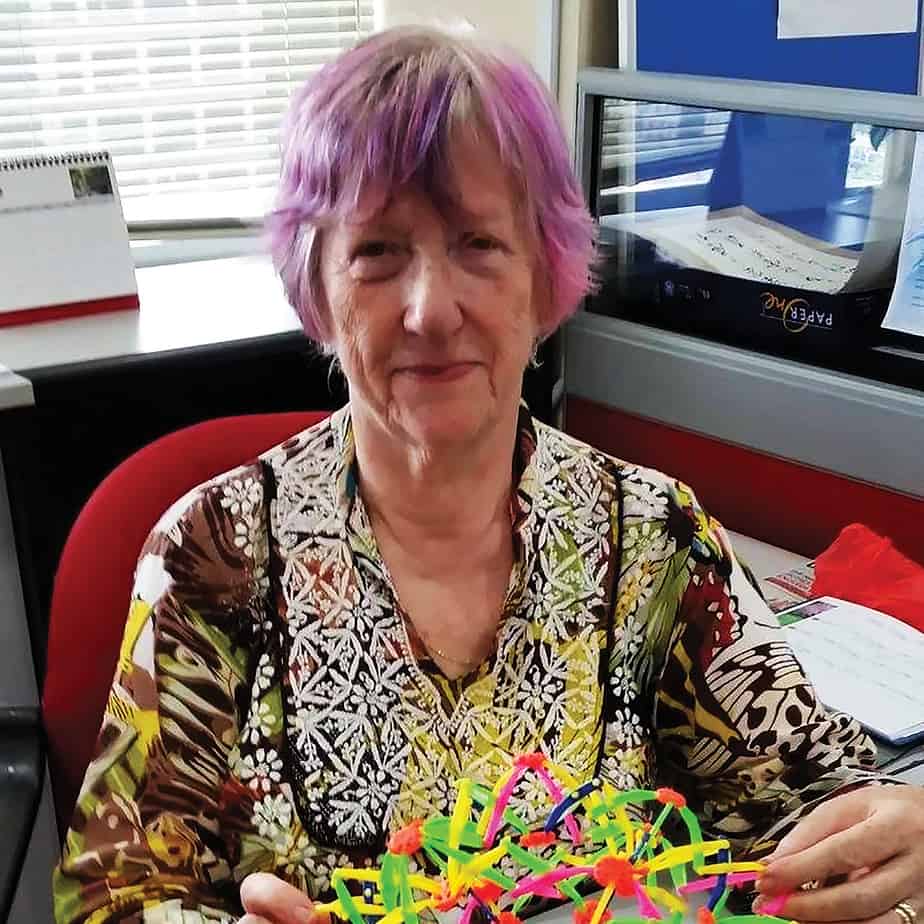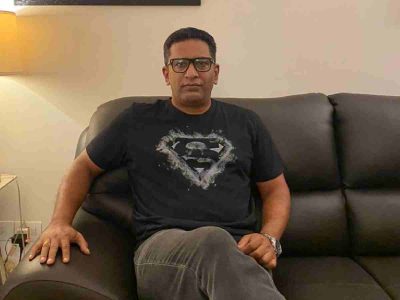Sue Emmy Jennings, pioneer of Drama Therapy in the UK and overseas, tells Patriot about the importance of her technique for mental health
Renowned playwright Oscar Wilde once said, “It was only in the theatre that I lived.” Indeed, drama has the power to make you live a moment to its fullest. This might be the reason why drama is often used as a process of mental healing, by helping someone express their feelings much more effectively than they would in a confined counselling room.
Drama Therapy is a form of psychological therapy in which all the performance arts are utilised within the process of healing. In common parlance, it is a method of therapy which uses dramatic techniques to help people during times of stress, emotional upheaval or disability. These include role play, enacting (either using scripts or by improvisation), the use of puppets and masks, storytelling, the use of rituals and games and much, much more.

Dr Sue Emmy Jennings has been a pioneer of Drama Therapy and Play Therapy in the UK and overseas, establishing training programmes in UK, Greece, Romania, Czech Republic and Israel. Her paradigm, ‘embodiment-projection-role’, has been integrated into worldwide education and therapy and her practice and research on early years’ development has been developed into ‘Neuro-Dramatic-Play’, which serves as a basis for attachment and empathy. She is a prolific author with over 50 publications on theory and application.
Recently, Jennings was in Delhi as a speaker at the event IMAGINE — which was held by a collaboration between child and adolescent mental health institute Children First, and The Teamwork Fine Arts Society. A non-profit initiative of Teamwork Arts, IMAGINE has been conceived as a movement to combat the disturbing corrosion of youngsters’ mental health.
In the event,Jennings explained the concept of ‘Nurturing Early Years’. It was about the importance of play and attachment in the early years of a child’s life and understanding the nuances within. She spoke about emotional safety and emphasised on the basic fact that as adults we should not make assumptions about or define how children are going to feel.
It is also important to nurture curiosity with care as children are often able to self-direct their developmental process when allowed to play in emotionally, physically and psychologically safe spaces.

In conversation with the Patriot, Jennings talks about the importance of Drama therapy in today’s fast-paced world, her experience as a Drama Therapist over the years and her tryst with India.
How would you like to describe Drama Therapy to those who are unaware of its importance?
Drama and theatre serve a ‘preventative’ function in society — the more drama and theatre, the healthier and more stable we are. Therefore, if any individual or group is mentally unwell, it makes sense to apply drama and theatre in healing — that is what Drama Therapy is and does.
Tell us a little about how you came to adopt these techniques in your practice?
I started exploring drama and theatre in special education and psychiatry in the 60s — it became my life’s challenge to push this forward. Play came later as I realised that drama is rooted in it. Play, drama and all the arts whether for prevention or for cure — are rooted in the earliest play experience.
How did the experience impact your life and help you evolve as a person?
In some ways, Drama Therapy has taken over my life. I feel I neglected my children, but tried to make it up to them when we all lived in the Malaysian rainforest. This was a life-changing experience for all of us. And it was a profound experience to live with people who understood healing and preventative drama. I came to it all rather late as I grew up in a family that did not support children going to the University.
Do you think Drama Therapy should be introduced into school and university curriculum to improve mental well-being?
Yes, we need a lot more drama and theatre in schools and universities — the therapy can follow later. We must also include rituals as it is an important means of expressing one’s culture.
How was the experience of visiting Delhi? How well are you acquainted with the city and India?
I have visited Delhi and other places in India before. This time there were no opportunities to go to any other performances like before.We always say we will make more time later!
Do you think Drama Therapy is gaining prominence here?
Yes, I think there is a growing and increasing interest. It’s as if people need to discover what they already know! Indian culture knows about healing, theatre and ritual — they have known this for thousands of years.
In today’s fast-paced world, can people really work towards the betterment of their own mental well-being?
Yes! Stop driving children so hard and allow them to play. Take time out each day to be playful: Have some toys in your desk drawer!





